Note: I’m sharing some initial thoughts about supporting non-text media on the Forum to get feedback. This post is probably only of interest to a small number of people who are very heavily involved in online EA community building. My coworkers at CEA disagree with this to varying extents, and these ideas should not be taken as a CEA consensus position.
Summary
- CEA’s online properties (the EA Forum, EA.org, EA Concepts) are heavily text-based, with a few occasional images.
- I propose that we increase support for non-text media, particularly videos and podcasts.
- An example project could be something like allowing people to put "in-line" comments on specific timestamps of a podcast, allowing more in-depth discussion of the podcast.
- If we want to skate towards where the puck will be in a few years, as opposed to where it is now, it seems quite likely that we should prioritize these other forms of media. (Arguably videos are already a more dominant communication medium than text, and I expect that trend to continue.)
- This document gives some pieces of evidence supporting the claim that we should move towards supporting video and audio.
Reasoning
- There seems to be a general consensus among online content creators that text is not the best way to get engagement from users. See the appendix for screenshots illustrating how platforms that support both text and video still prioritize video.
- Education is switching to videos:
- Google searches that high-schoolers would typically make show videos above text results. E.g. how to find the integral of cosine, meaning of the whale in Moby Dick.
- The most popular Coursera course is about 50% video, 50% reading. My impression is that most MOOCs have a substantial video component.
- Professional development is video-based. E.g. skillshare, PluralSight
- Tech interviewing platform Exponent not only has company-produced videos, but also community videos where people record themselves answering interview questions.
- Note that in some ways this is not much of a switch, in that lectures are a well-established educational format, and people are somewhat just putting normal lectures online. I do think we are seeing video-first education though, e.g. through educators creating custom animations for their videos.
- Received wisdom is that reading is one of the least effective teaching methods (though my impression is that the original evidence here is dubious).
- The trend away from text is related to age:
- Snapchat and Instagram are used much more frequently by young people, whereas Twitter and Facebook are more evenly used by young and old people (though Twitter's usership still skews young).
- Half of Americans aged 12-34 listen to podcasts, versus 1/5 of those 55+
- EA creators have already had some success with non-text communication:
- Rob Miles gets tens to hundreds of thousands of views on his AI safety videos.
- 80k gets about as much engagement from their podcast as they do from their website.
- Video and podcasts are good at creating a sense of community/parasocial bonds.
- E.g. 40% of millennial YouTube subscribers say that their favorite creator understands them better than their friends.
- Seeming too impersonal or austere is one of the most common complaints about the Forum, and I suspect that e.g. people don't have the same complaint about the 80k podcast.
What would a Forum with better podcast and video support look like?
To the extent possible, I think we want to copy other platforms. Below are a few ideas, none of which I’m confident in.
In-line video previews
As seen on Reddit, for example:

Comments attached to timestamps in podcasts
As seen on SoundCloud:

Video sequences/playlists
As seen on Khan Academy:
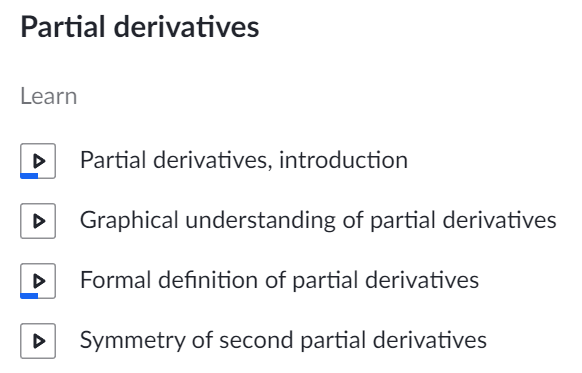
Video posts as a first-class citizen
As seen on Reddit:
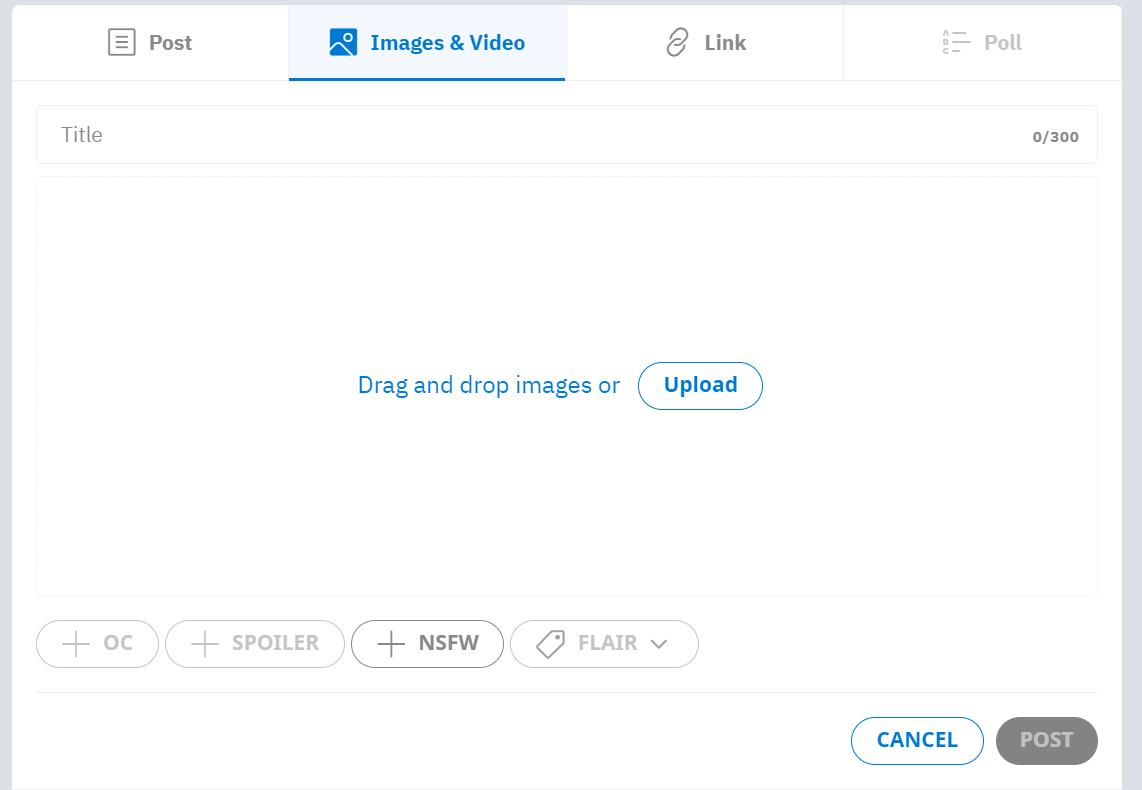
Requested Feedback
I'm interested to hear any feedback people have on these ideas. Some particular prompts:
- Are you generally excited about having more video/audio on the Forum?
- Are there particular features or content you would like to have on the Forum related to video/audio?
- If you are a content creator who currently does not feel comfortable sharing their content on the Forum, I would be interested to hear from you about what would make the Forum a good place to share your content.
Appendix: real estate devoted to text versus video
In platforms which support both text and video content, we can get a sense of how valuable the platform thinks each type of content is by looking at how much real estate they give it. Platforms consistently give substantially more space to videos than to text.

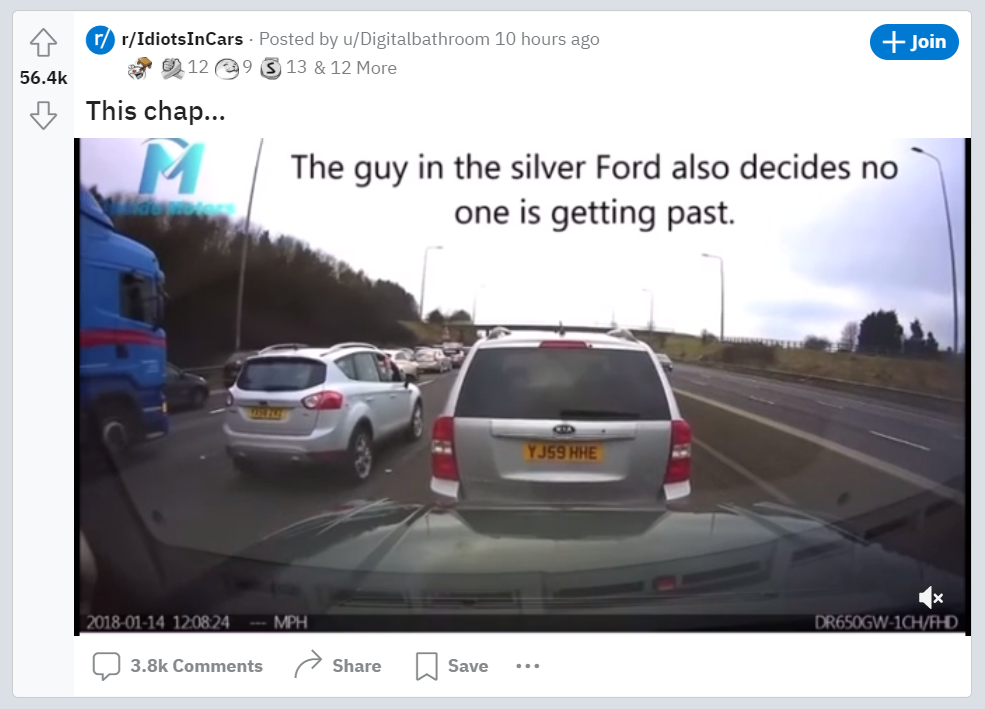
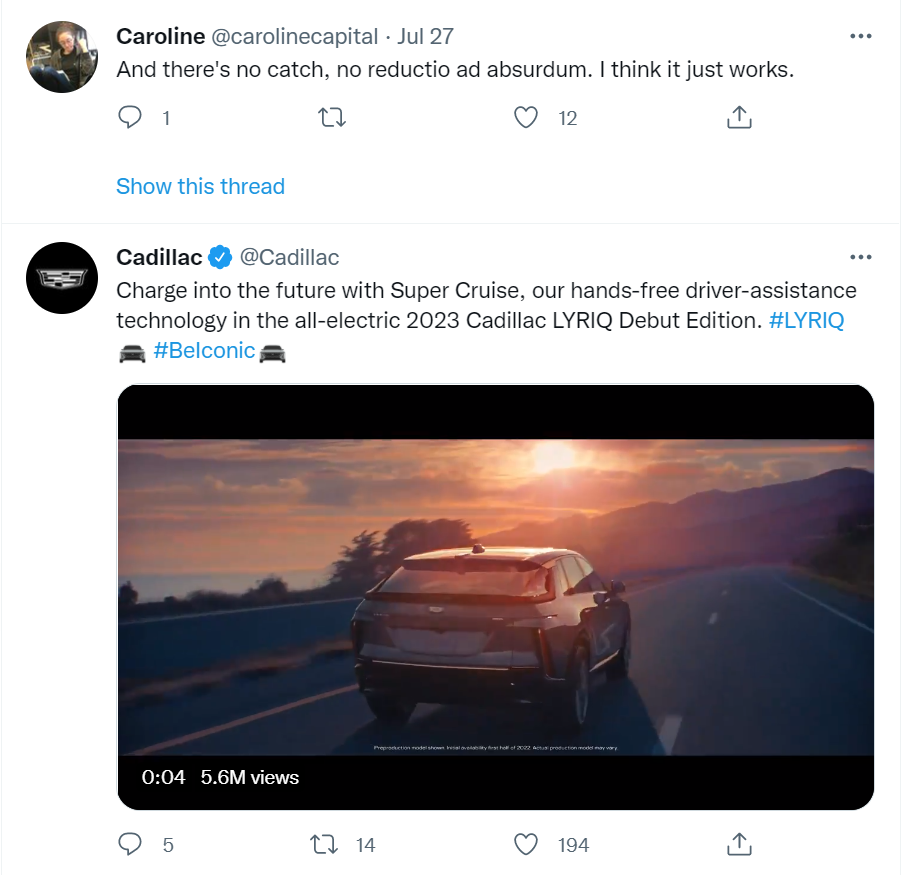
Facebook
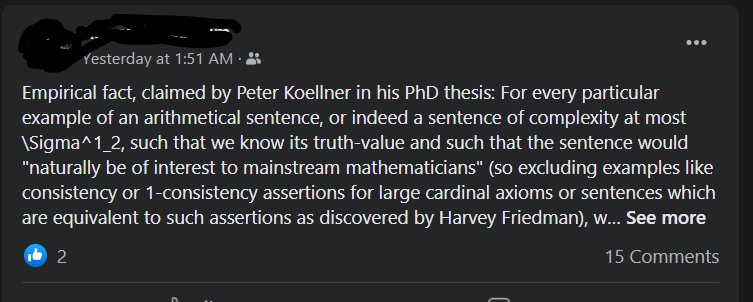


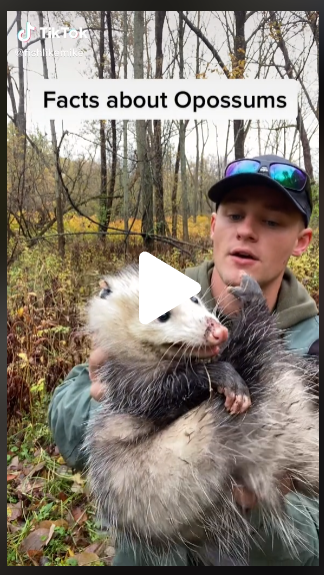




If we can make authoring of explorable explanations (examples, description) more effective, I think that would be a better approach than video and images.